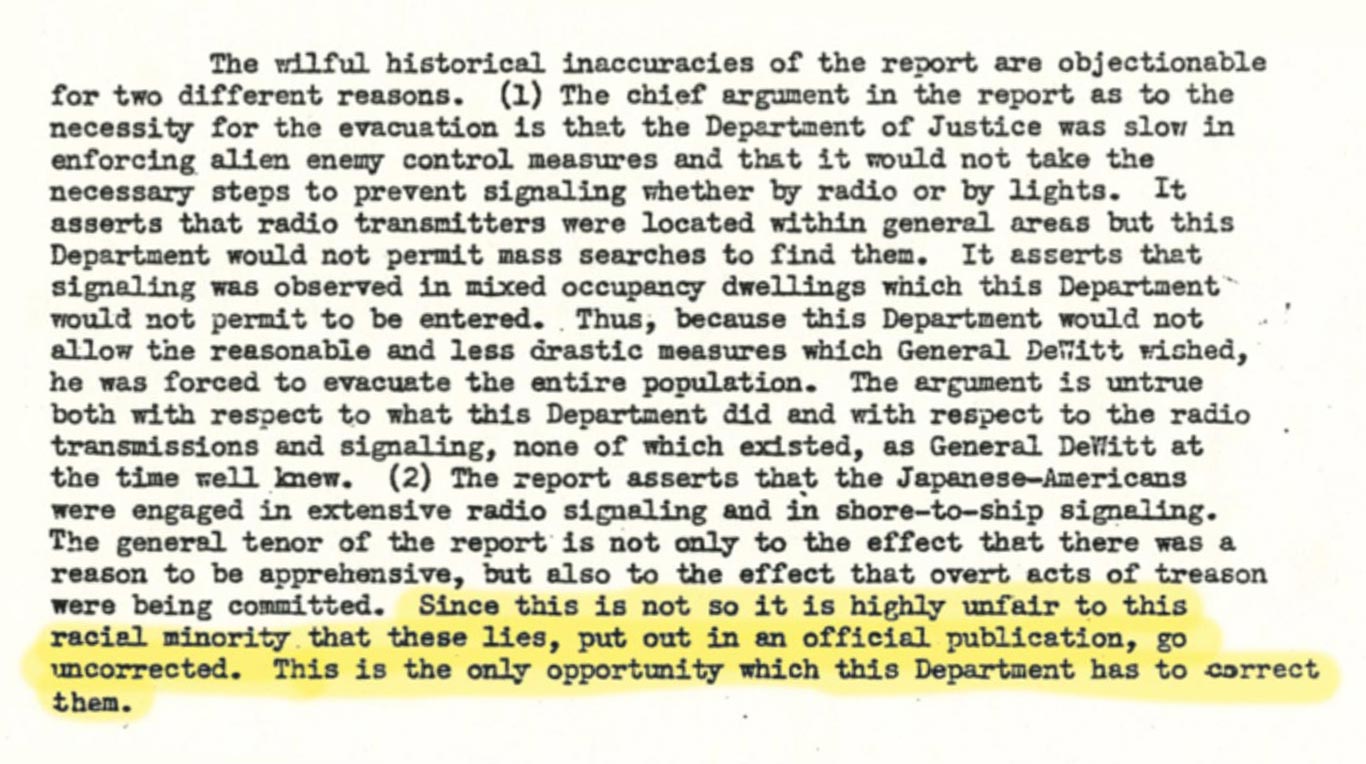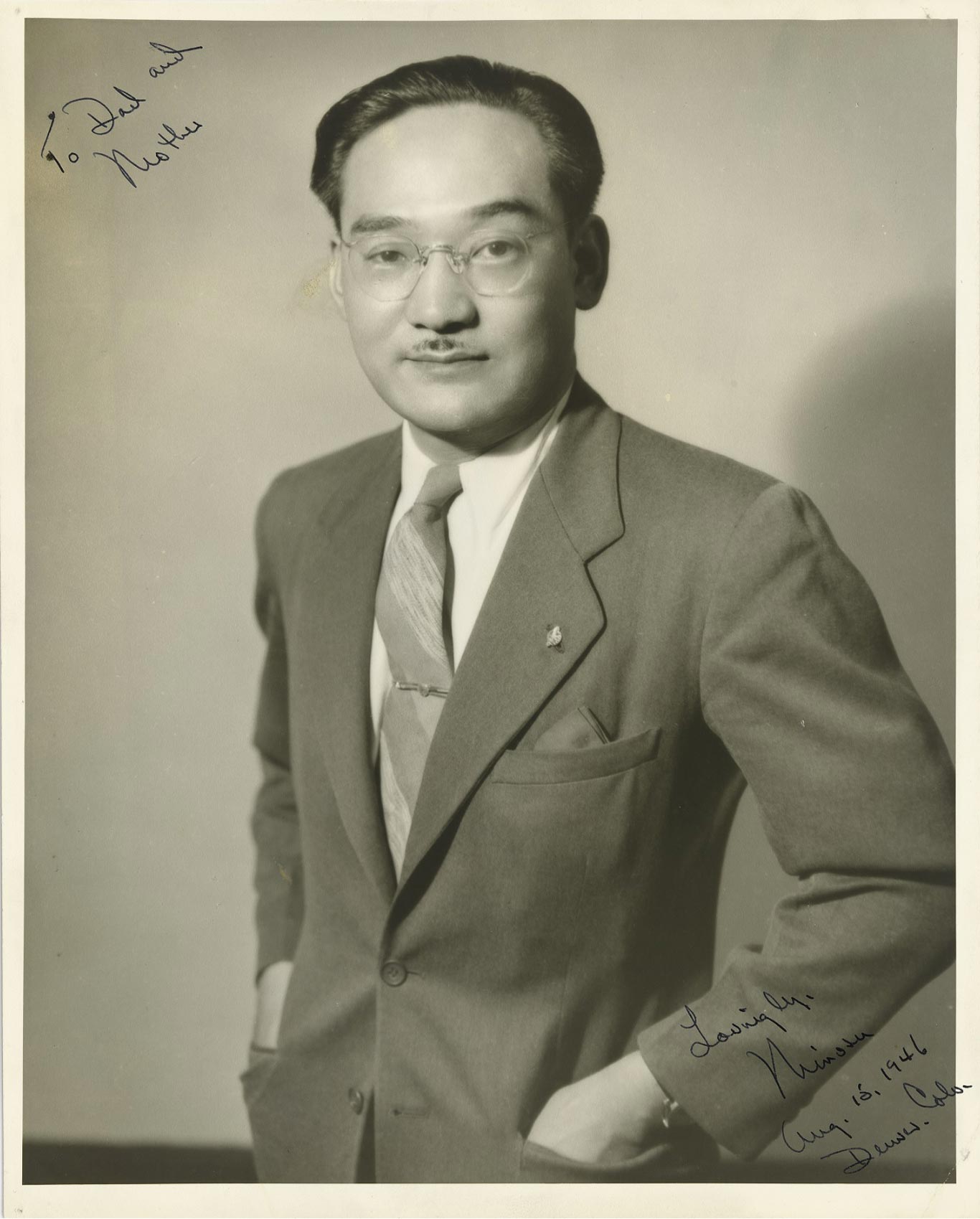Advanced Search
Asian American and Pacific Islander studies resources for the classroom
All chapters of Foundations and Futures include lesson plans and curricular tools that are designed for high school students and grounded in ethnic studies pedagogy. Feel free to search our repository of primary sources and material that helps bring Asian American and Pacific Islander histories and experiences into the classroom.
Multimedia
# of # results
Chapters
-
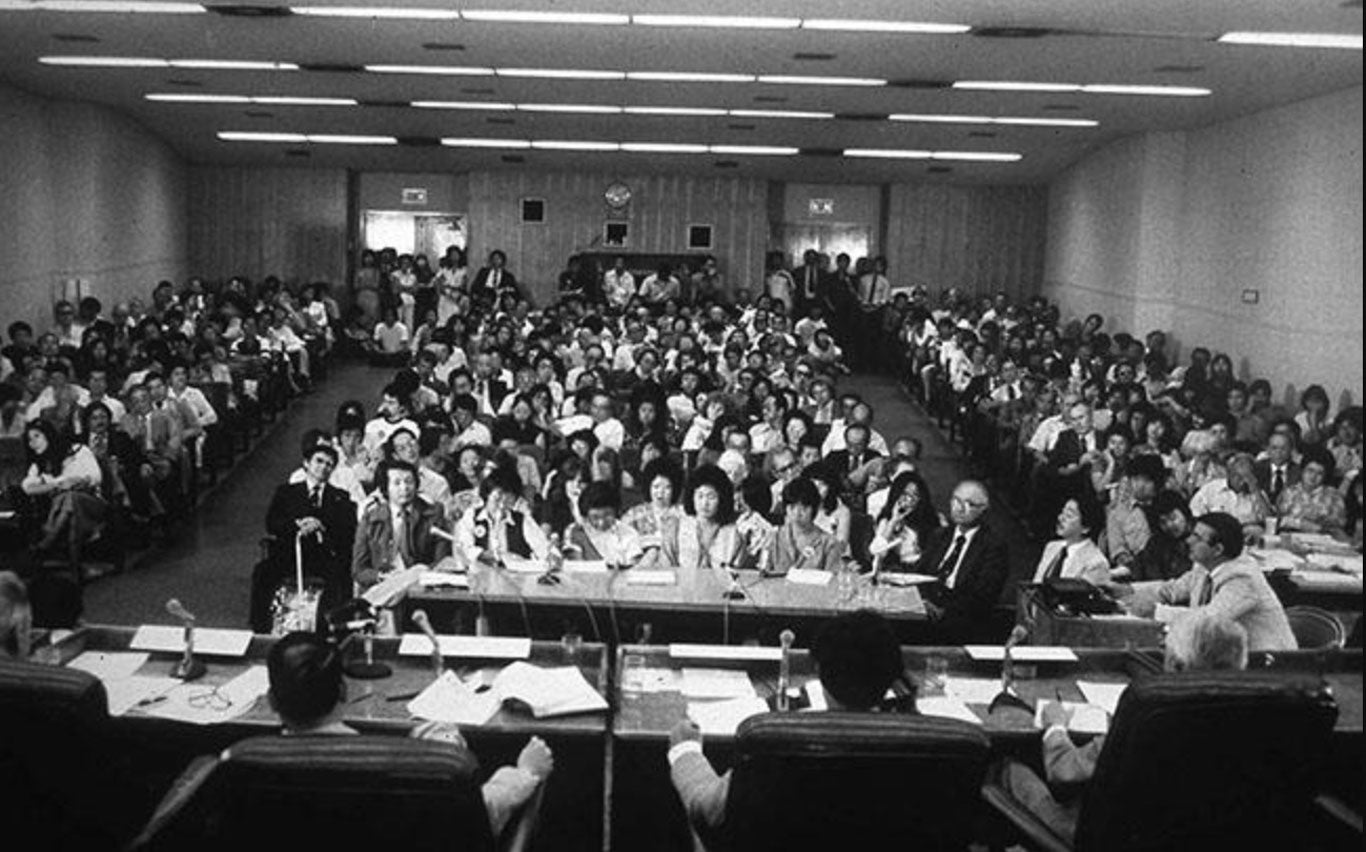
Image
L.A. Commission hearing
-
-
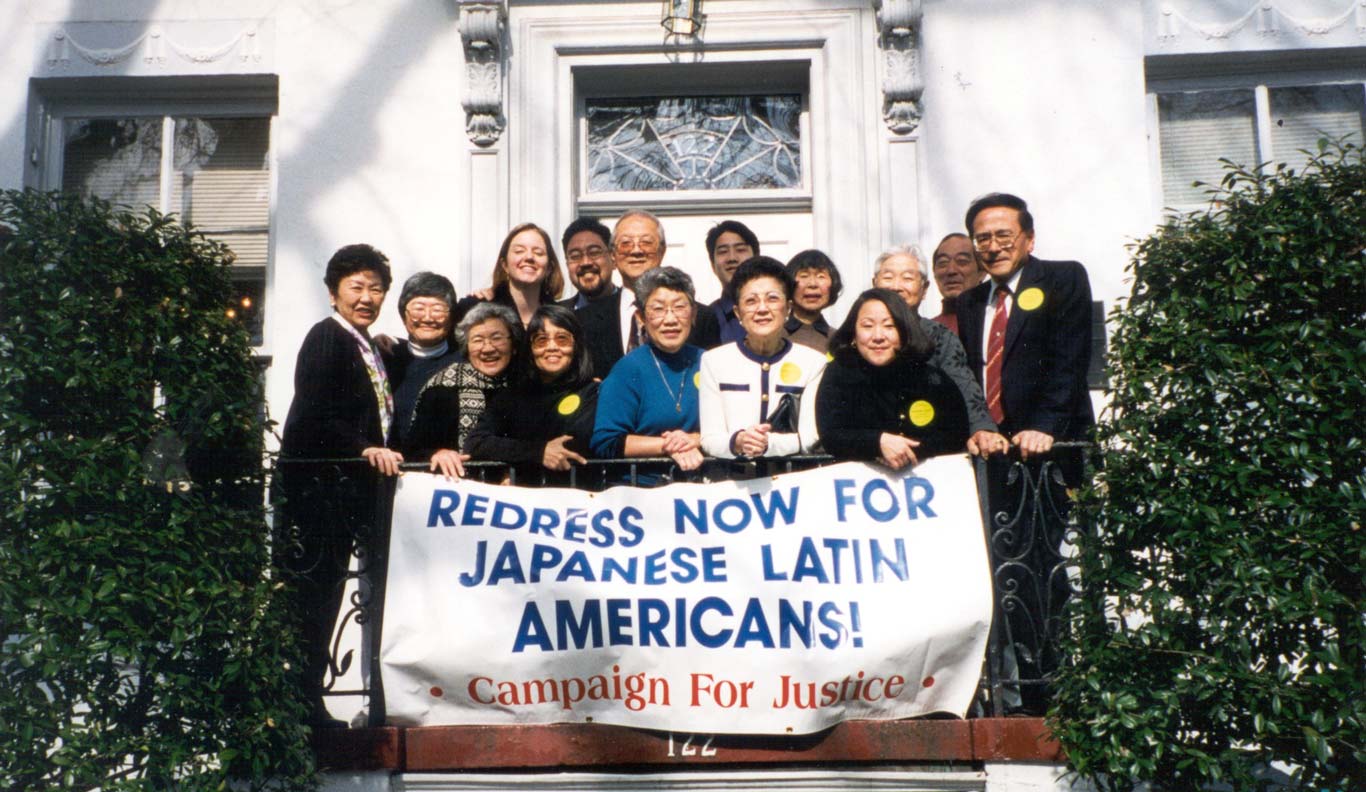
Image
Redress Now for Japanese Latin Americans lobbying group
-
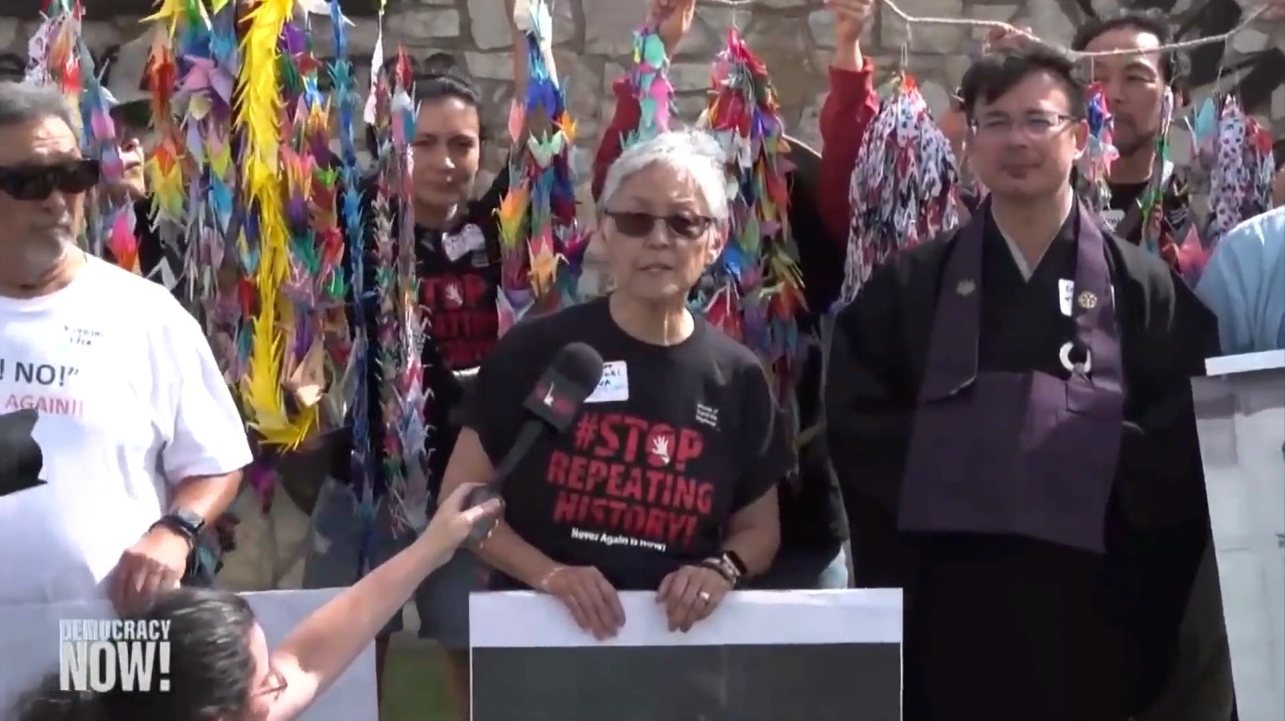
Video
Fort Sill protest
Japanese American survivors of WWII concentration camps join forces to protest the detention of undocumented migrant children at Fort Sill, Oklahoma.
-
-
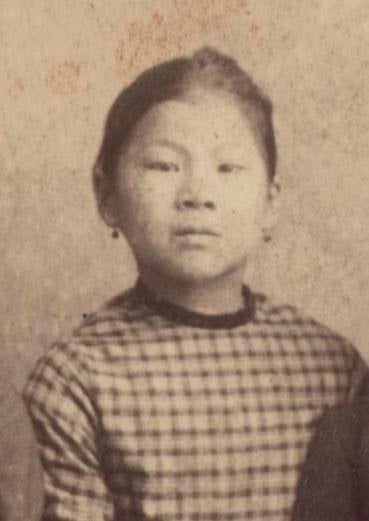
Image
Portrait of Mamie Tape
Portrait of Mamie Tape, circa 1884.
-
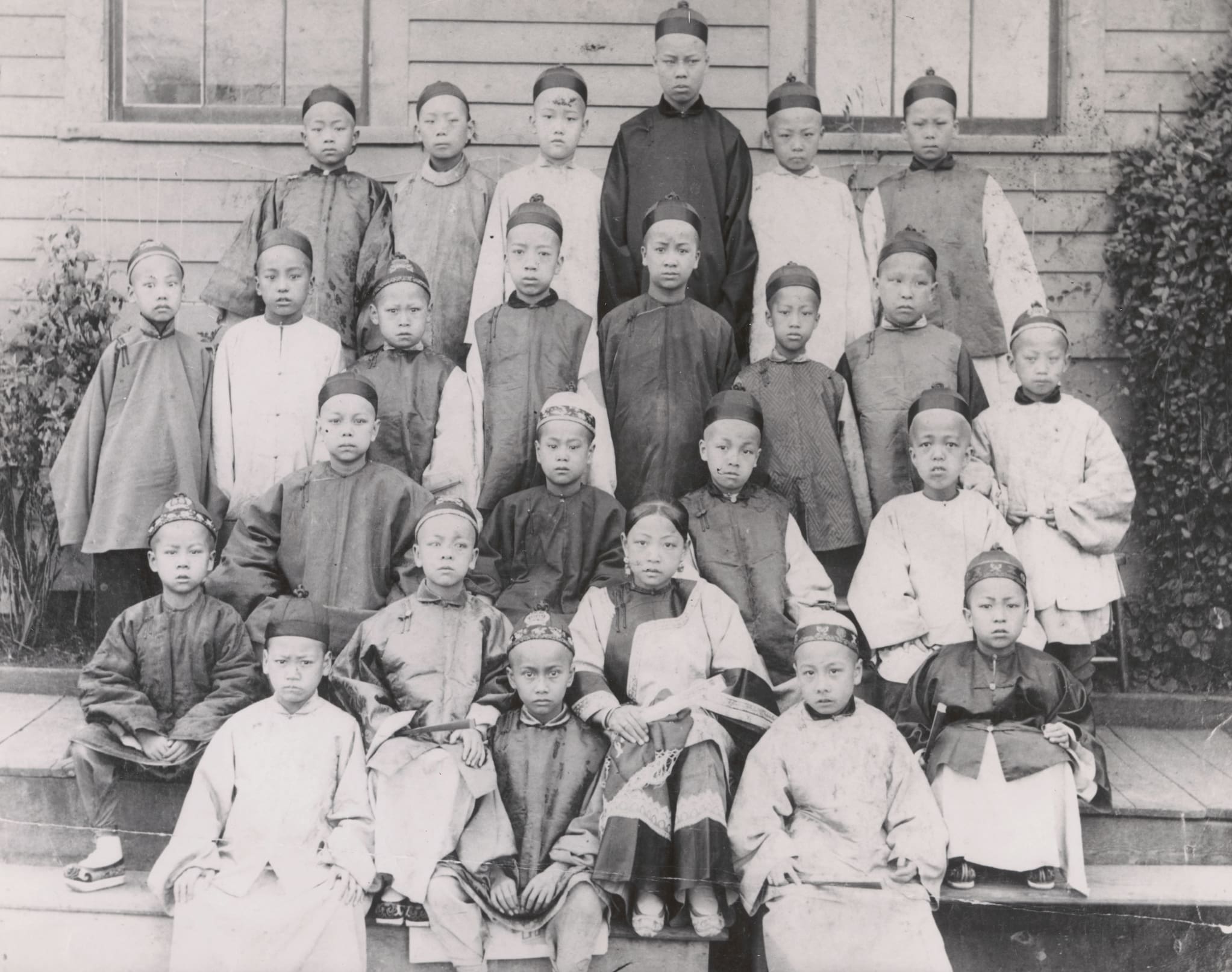
Image
Chinese Primary School Students
Photo of Chinese primary school students in San Francisco, circa 1890. Mamie is in the center of the second row, and Frank is to her right. Photograph by Isaiah Taber.
-
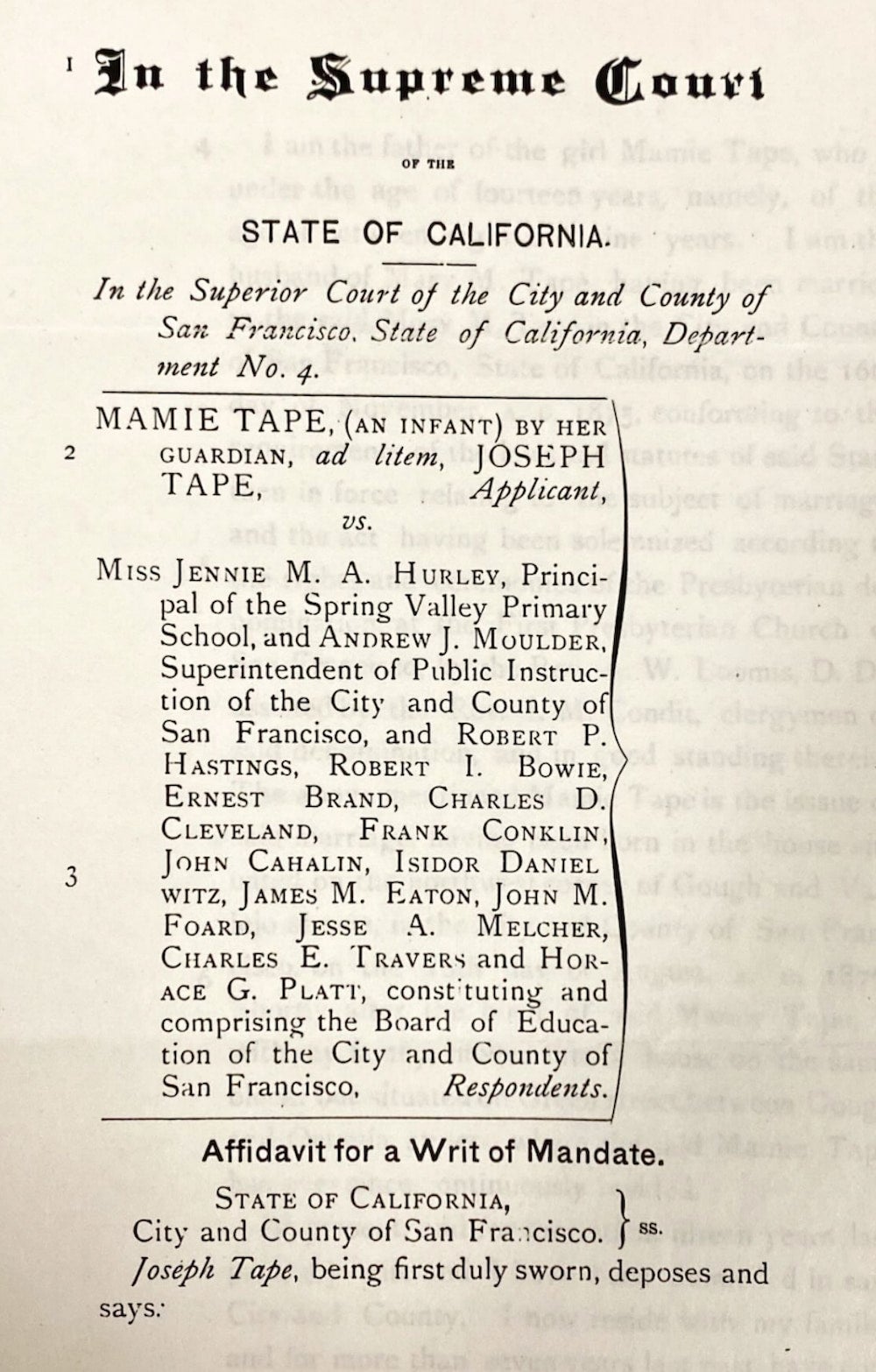
Text
Affidavit for Tape v. Hurley
California Supreme Court affidavit for Tape v. Hurley
-
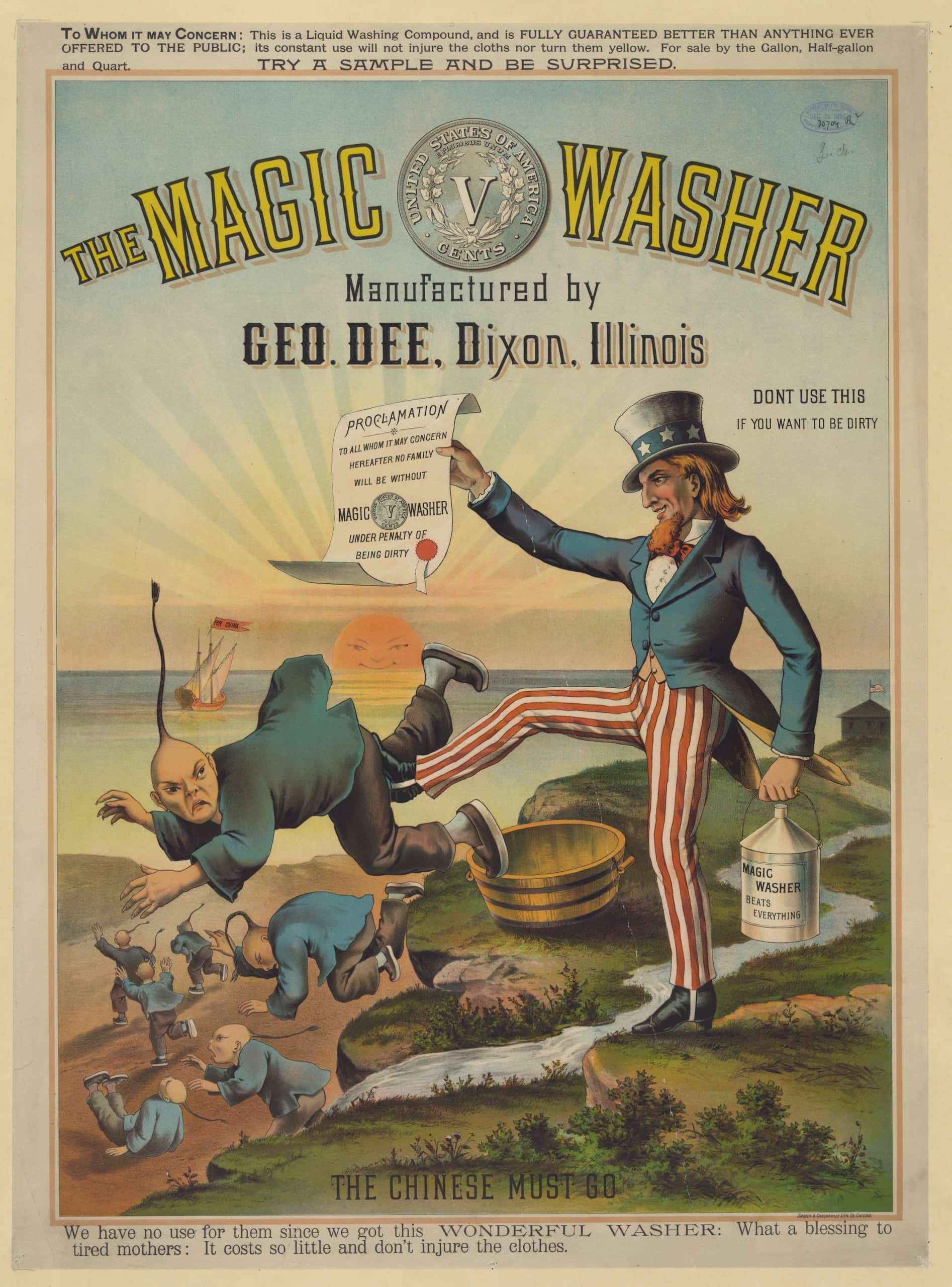
Image
The Magic Washer
An advertisement poster for “The Magic Washer” manufactured by Geo. Dee, Dixon, Illinois, circa 1886. This illustration depicts Chinese migrants as “dirt” that needs to be “washed away.”
-
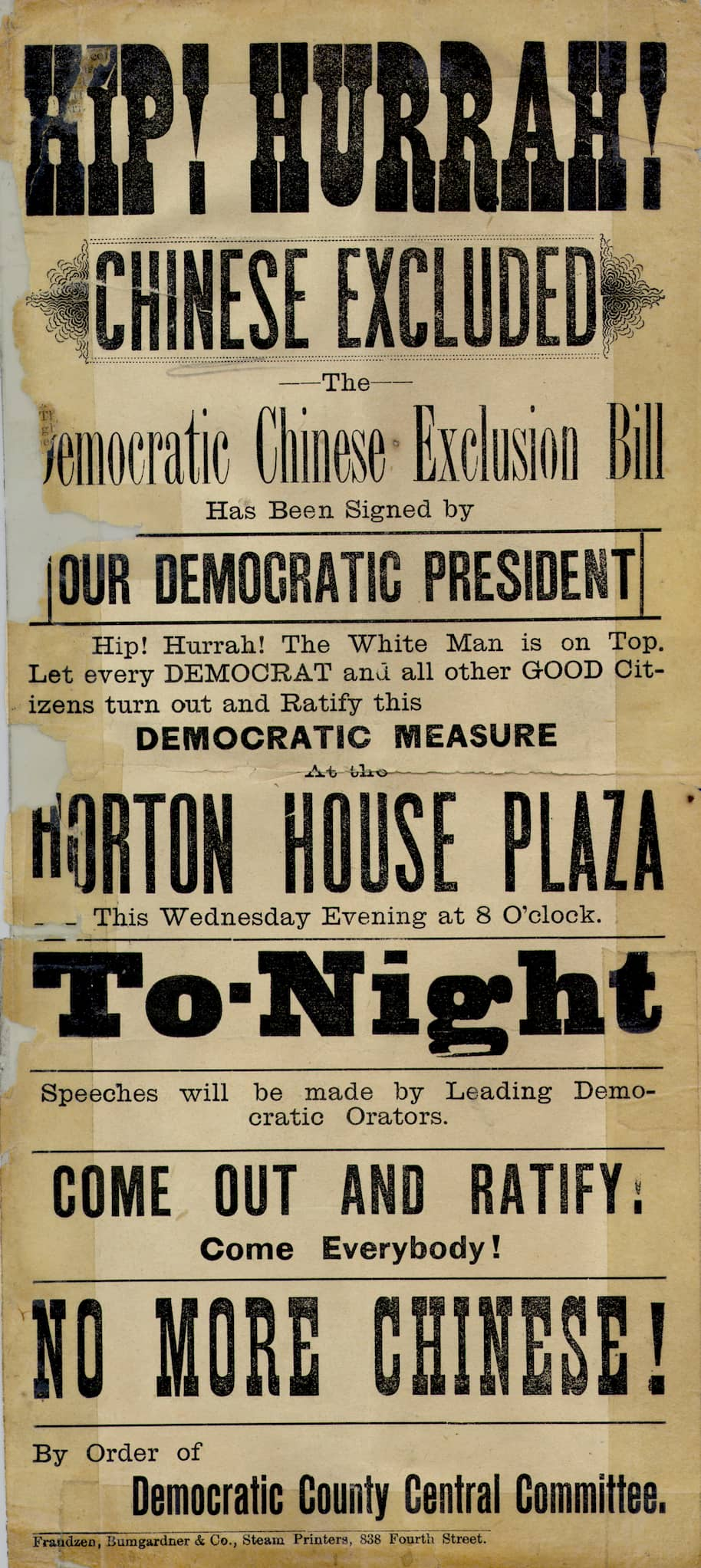
Text
The Democratic Chinese Exclusion Bill Exclusion Poster
Poster “Hip! Hurrah! Chinese Excluded” by the Democratic County Central Committee celebrates the passage of the Chinese Exclusion Act.





